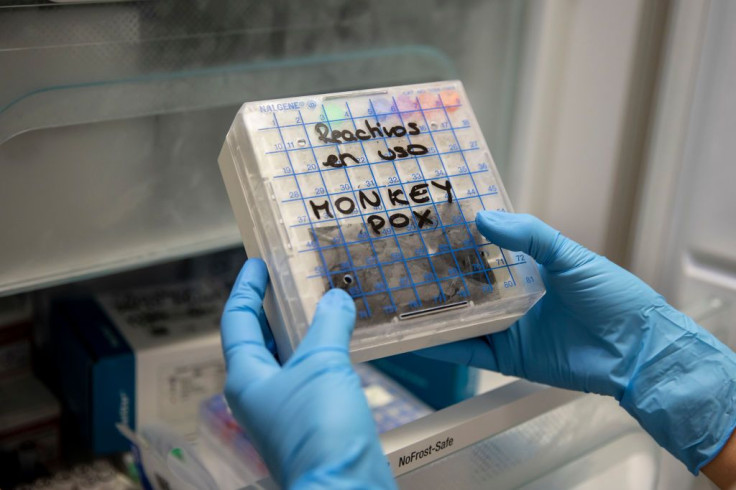Ongoing Community Transmission Prompts CDC To Issue Mpox Warning

The U.S. Centers for Disease Control and Prevention (CDC) has issued a public health warning about the possible resurgence of mpox this summer after receiving data showing ongoing community transmission in the country.
Contrary to what the World Health Organization (WHO) announced last week that the mpox — formerly monkeypox — outbreak was over and no longer considered a public health emergency of international concern, new reports showed a growing number of transmissions.
The CDC said it continues to receive reports of cases, adding it is currently investigating a cluster of mpox cases in the Chicago area with the help of its local partners. The new cases have prompted the public health agency to issue a warning.
"Spring and summer season in 2023 could lead to a resurgence of mpox as people gather for festivals and other events. The purpose of this Health Alert Network (HAN) Health Update is to inform clinicians and public health agencies about the potential for new clusters or outbreaks of mpox cases and to provide resources on clinical evaluation, treatment, vaccination and testing," the CDC wrote on its website.
Between April 17 and May 5, the Chicago area reported 12 confirmed and one probable case of mpox infection. All of them were men, and none had been hospitalized. Nine of the patients had received two doses of the JYNNEOS vaccine for smallpox and mpox.
Last year, the U.S. declared a health emergency following the global outbreak of the viral disease in the spring of 2022. During the peak of the outbreak, the country was recording about 460 cases per day, according to the New York Post.
However, at the recent meeting of the International Health Regulations Emergency Committee, WHO Director-General Tedros Adhanom Ghebreyesus declared the mpox outbreak officially over while presenting data showing a sustained decline in global cases, with an almost 90% decline in the past three months.
While Ghebreyesus said mpox should no longer be considered a public health emergency, he stressed the importance of maintaining surveillance and response capacities since the virus continues to transmit in some places.
In March, the CDC warned that mpox could likely make a comeback later this year and start a new wave that could be worse than last year due to the lack of effort to vaccinate high-risk people. The agency estimated that only 23% of the "at-risk population" got fully vaccinated for mpox.
Published by Medicaldaily.com



























